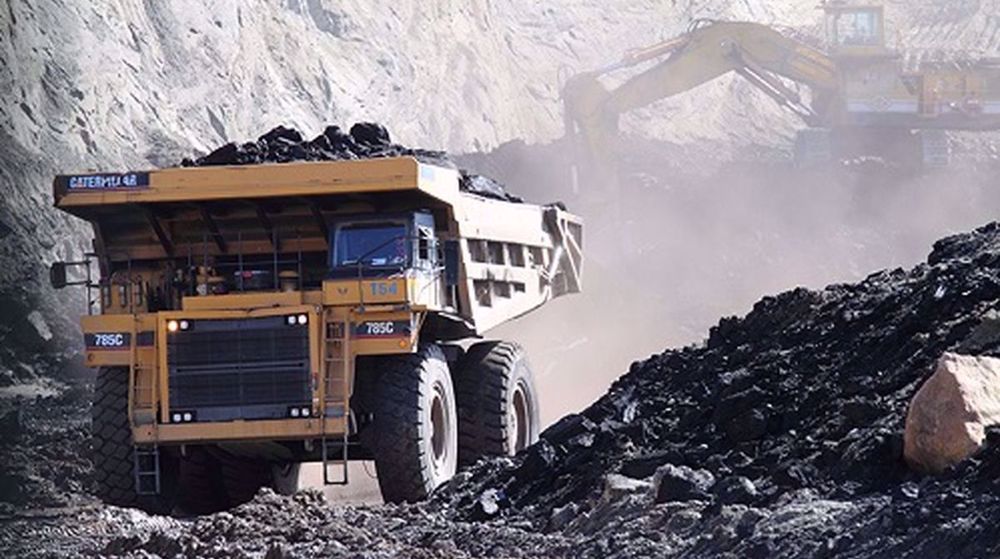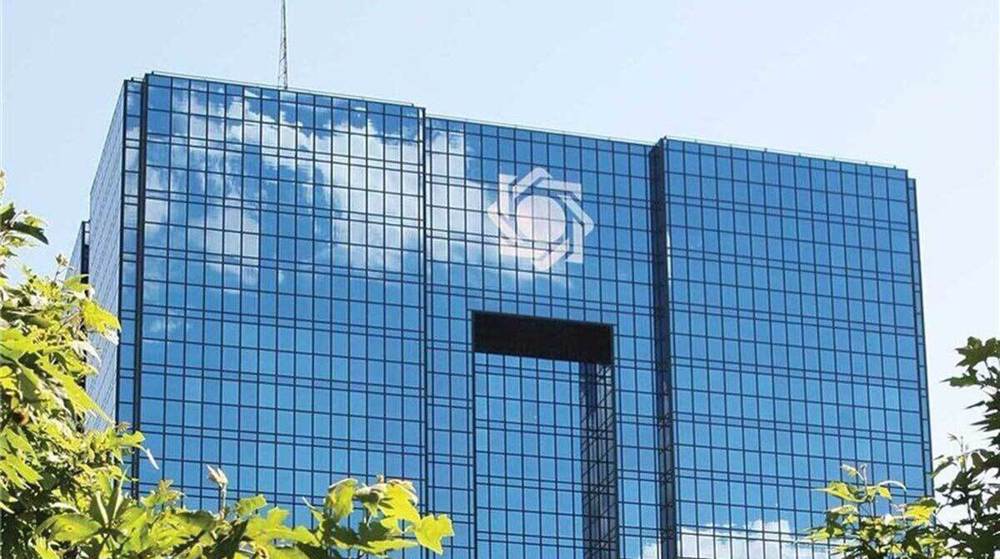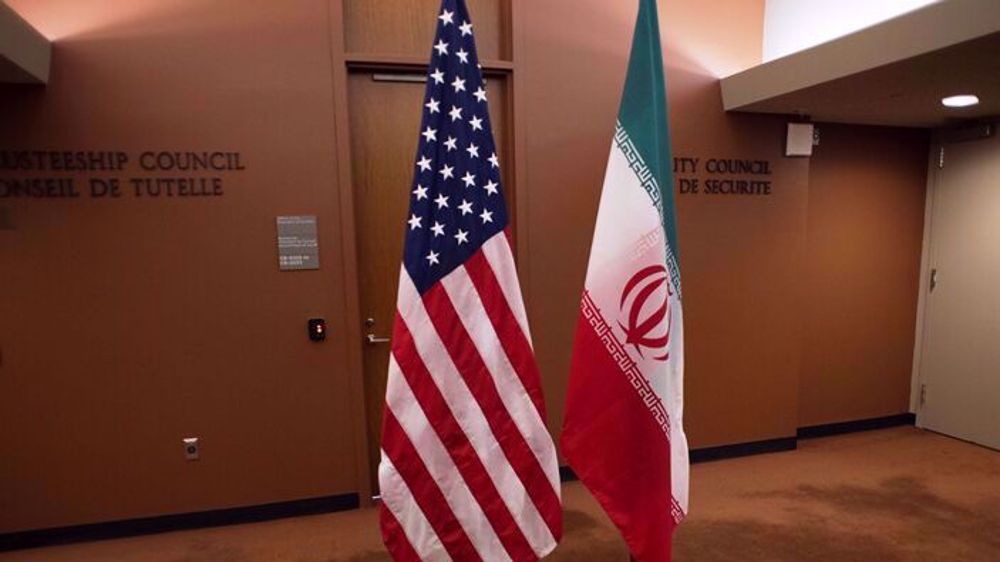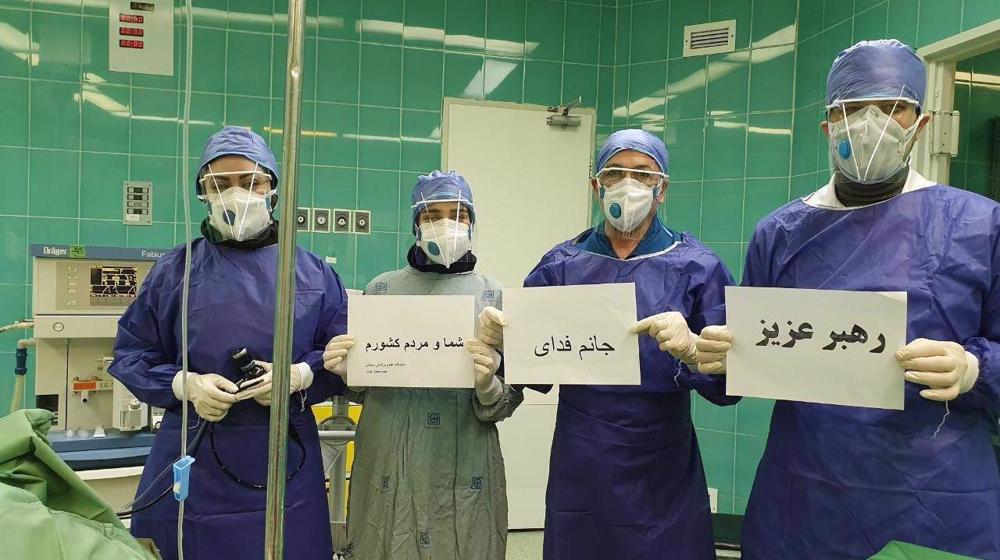President Rouhani: At-risk people most likely to receive COVID-19 vaccines in two months
Iranian President Hassan Rouhani says several COVID-19 vaccines are currently being developed in the country, expressing hope that the most vulnerable will receive shots before the current Iranian year ends on March 20.
“We need to pursue vaccination in several phases,” Rouhani said during a meeting of the National Headquarters for Managing and Fighting the Coronavirus in Tehran on Saturday.
He said the first phase of the vaccine rollout should start during the winter, when “we will make every effort to begin vaccination in Iran so that those who are at risk and [frontline] healthcare workers will be able to receive vaccines this year.”
The remarks came a week after Leader of the Islamic Revolution Ayatollah Seyyed Ali Khamenei expressed his opposition to the import of COVID-19 vaccines produced by the US and Britain, but said the government is allowed to import vaccines from “reliable” countries.
In what followed immediately, Iran canceled the import of 150,000 doses of American Pfizer COVID-19 vaccines, but said it was ready to import vaccines from Eastern countries.
Health Minister Saeed Namaki recalled the torment Iranian Health Ministry officials endured under US sanctions to import medicine for seriously ill patients, expressing doubts about the motive behind the vaccine donation from a country that “did not allow our patients to receive medicine” but is “donating coronavirus vaccines for our healthy people.”
“This does not make any sense at all,” Namaki said.
After the Leader’s ban, Rouhani said some foreign companies wanted to test their vaccines on the Iranian people, but the Health Ministry prevented it.
In his Saturday remarks, Rouhani explained that there are several vaccines that will be available in Iran in the near future, including vaccines purchased from the COVAX initiative, co-led by the World Health Organization, which he said will be delivered to Iran during the winter or early spring.
“In addition, we are finalizing the Pasteur vaccine together with another country and this vaccine will be available to the public in the spring,” he said, making a reference to a Cuban-Iranian vaccine, which brought Cuba’s Finlay Vaccine Institute and Iran’s Pasteur Institute together to collaborate on its human trials.
“This synergy will enable both countries to advance more rapidly in the immunization against the SARS-CoV-2 virus,” Cuba’s Finlay Vaccine Institute said of the collaboration last week in a tweet.
Rouhani further said there are other vaccines as well, which are passing their clinical trials and are expected to be available in the summer.
He emphasized that health protocols must be upheld even after people receive vaccine shots.
Separately, the head of the public relations and information center of the Iranian Ministry of Health announced the start of the clinical trial of the third Iranian COVID-19 vaccine.
“The clinical trial of ... the third Iranian coronavirus vaccine developed by Razi Vaccine and Serum Research Institute started minutes ago after being approved by the National Ethics Committee,” Kianoush Jahanpour wrote in a tweet on Saturday afternoon.
کارآزمايي بالینی فاز 1/2 سومین #واکسن_ایرانی کرونا متعلق به مؤسسه سرم و واکسن سازی رازی، دقایقی پیش با تصویب کمیته ملی اخلاق، کلید خورد ...#واكسن_میسازیم pic.twitter.com/TtvhNdgLCh
— Kianush Jahanpur, MD 🇮🇷 (@drjahanpur) January 16, 2021
Iran has been fighting one of the deadliest outbreaks of the coronavirus in the world since last winter when the highly infectious virus hit Iran. So far, COVID-19 has claimed the lives of 56,717 people in Iran, while 1,324,395 people have tested positive for the virus across the country. A total of 1,113,224 people have recovered or discharged from hospital.
The coronavirus entered Iran as the country was enduring the United States’ harsh economic sanctions, which Tehran calls “economic terrorism” and “medical terrorism” due to their negative impact on the daily lives of Iranian people, particularly patients.
Iran began to inject volunteers with the second shots of its highly-anticipated vaccine, dubbed Coviran Barekat, on Tuesday, saying the result of the trial will be announced roughly a month later.
China ‘firmly opposes’ US military aid to Taiwan
VIDEO | Press TV's News Headlines
President Yoon Suk Yeol to be removed from office
At least 19 Gazans killed by Israeli airstrikes since dawn: Medics
Leader: Iran neither has nor needs proxy forces
US fighter aircraft shot down ‘in friendly fire’ amid aggression on Yemen
Yemeni FM: Israel’s sponsors accountable for ongoing aggression on Sana’a
Eight Palestinians killed as Israel attacks Gaza school, hospitals
















 This makes it easy to access the Press TV website
This makes it easy to access the Press TV website